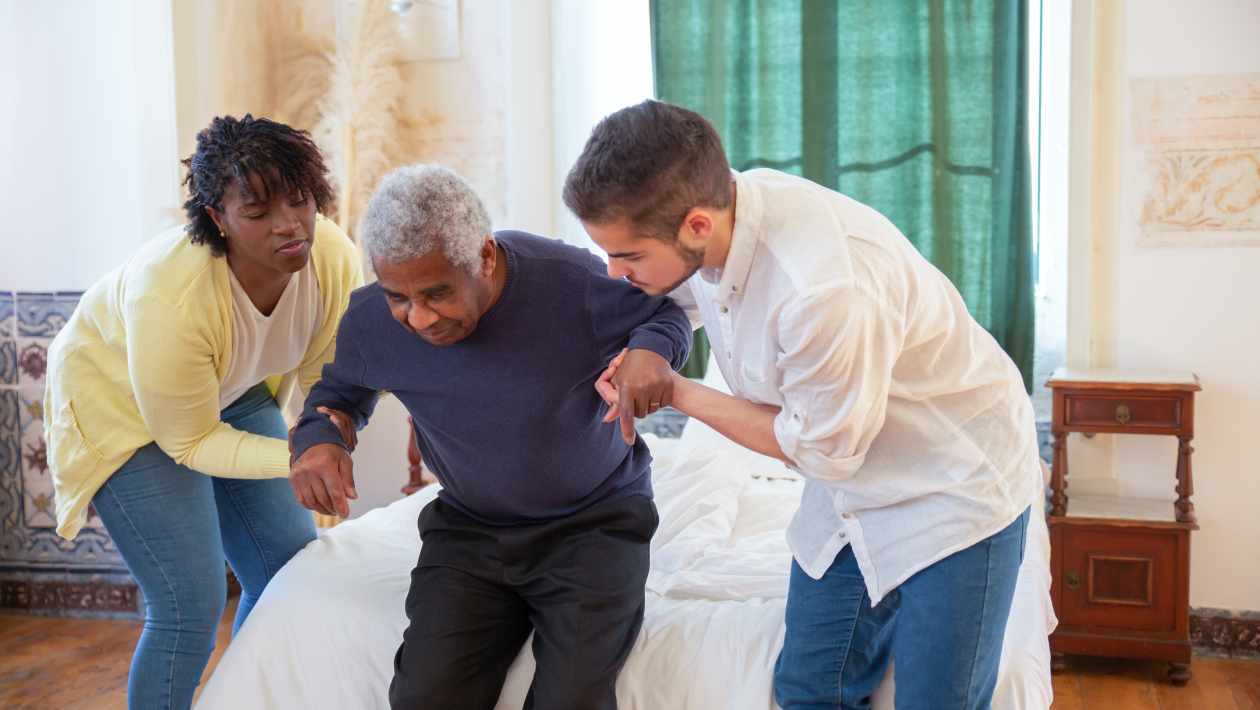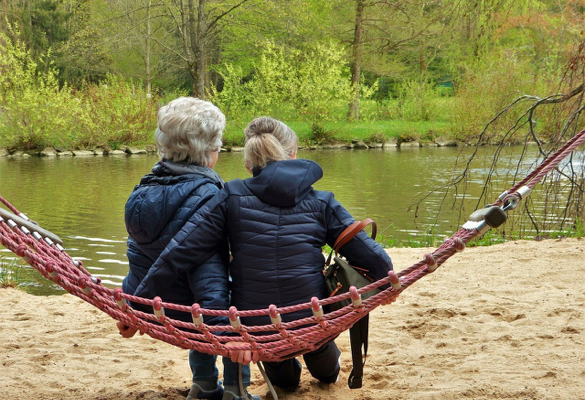The stigma against your nursing home is often undeserved, as nursing homes are (on average) populated with caring hospital staff and the only facilities adequately equipped to treat many of the conditions older adults acquire as they age. The depiction of these places in television and literature that equates them to old-timey asylums, where people of a certain age go when they’re cast aside, couldn’t be further from the truth.
However, not all nursing homes do their due diligence to prevent abusers from getting into positions of power. These few bad apples have largely spoiled the bunch, leaving older adults and their primary caregivers unable to relinquish control of their healthcare to equipped hospital staff comfortably… and perhaps this is rightly so.
The World Health Organization notes that 1 in 6 older adults 60 and older experience some form of abuse in community-centric settings, and that 2 in 3 hospital staff have confessed to inflicting pain or distress on older adults in their care as of October of 2021. As such, few can be confident that they have sent their older adult to a safe place, leaving many trying to give them the care they need at home.
At-home care isn’t an option for everyone, however, and your older adult may need the amenities and facilities that a live-in nursing home can provide. But abusers aren’t likely to announce themselves, keeping their misdeeds subtle and close to the chest, and some nursing homes are more likely to cover up such actions than risk legal action being taken against them. Therefore, the only way to deal with the problem of abuse is to catch the signs of abusive behavior early, be attentive to your older adult as they stay in the facility, and keep track of any changes in their physical or mental health.
This article will teach you how to recognize some of the most prominent signs of abuse and when it’s necessary to hire an elder abuse lawyer to take legal action against the nursing home.
Strange Staff Behavior
While everyone has bad days and nursing staff are not exempt from this rule (especially with how overworked many of them are), you might want to take note if you observe an orderly or a nurse being unnecessarily mean or dismissive of the needs of a patient, especially if it appears to be a pattern across multiple visits. If that’s what they’re doing when you’re around, imagine what they’re doing when you aren’t. You also want to pay close attention to how your older adult feels about particular staff members; If they have a dislike of a particular staff member that appears unreasonable or seem anxious or afraid whenever their name comes up (or being in their presence), there’s probably something going on when you aren’t around.
Signs of Neglect
If, after a given amount of time at the nursing facility, it seems like your older adult’s needs aren’t being met, they may be being chronically neglected by hospital staff. Neglect is defined in most circles as a failure on the part of the party entrusted with your older adults’ care to provide that care, and can range from not getting them out of bed to exercise (for adults with mobility issues who can’t do that themselves) to not maintaining a healthy eating and sleeping schedule, to even failing to help them keep up their hygiene.
The signs of neglect vary from case to case but can include bedsores, physical manifestations of malnutrition, depression, bad hygiene, and the like.
Changes in Their Emotional State
If your older adult is typically a happy-go-lucky individual and becomes depressed or withdrawn after a given period of time at a nursing home, they may be suffering from a mere depressive episode. They also may be the victim of something more sinister. If you notice that your older adult has withdrawn from social activities they used to enjoy, seems moody or irritable, or has developed suicidal ideation, you might want to pull them out of that environment and see if things improve.
These are all symptoms of a variety of potential causes, from emotional abuse to sexual abuse. The rule of thumb is that if your older adult seems unhappy, there’s usually a reason why.
Keeping Your Parents Safe
Elder abuse is no joke, and these things can happen to anyone in any setting, no matter how reputable the facility and no matter how sweet the soul. Keep a watchful eye on your older adult, and listen to what they’re telling you, paying attention to the subtle signs of their body language as well as their words. If something horrible is happening out of sight, the signs will materialize soon enough, and you’ll be able to move them somewhere they can be properly cared for.




